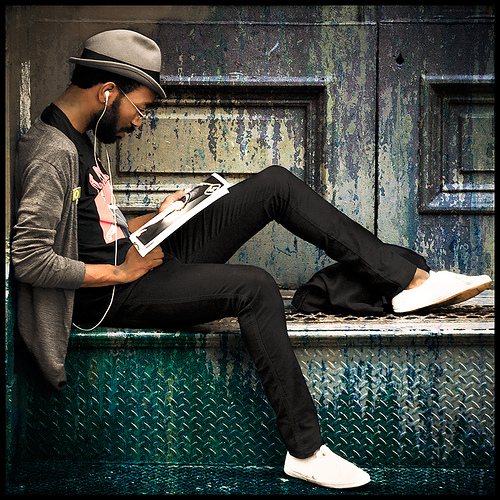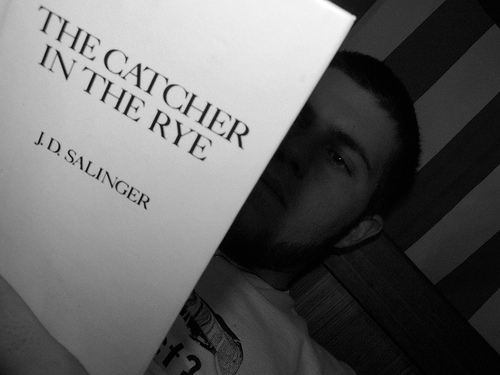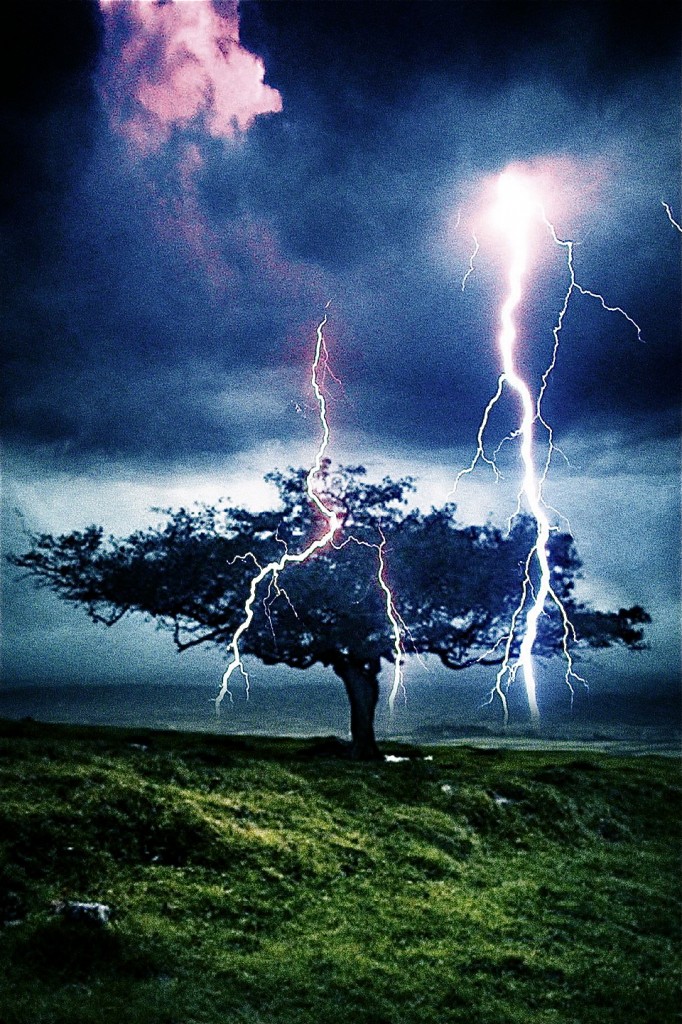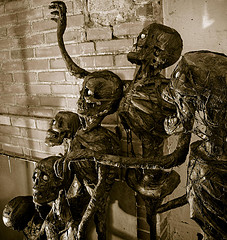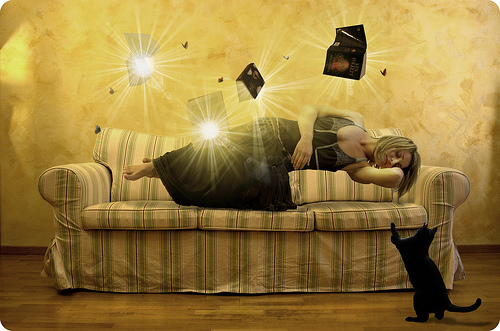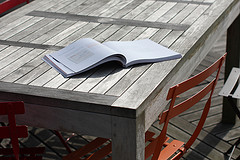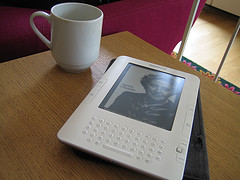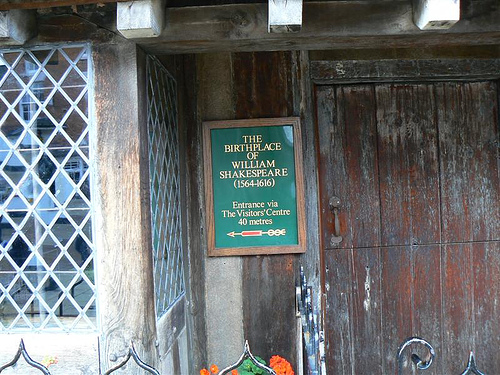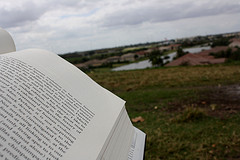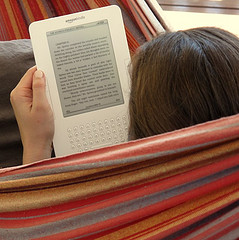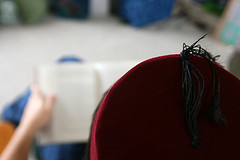
This week’s Booking Through Thursday prompt asks “What magazines/journals do you read?”
I have subscriptions to several magazines through the mail: Newsweek, Wired, Mental Floss, and Jane Austen’s Regency World will be most familiar to readers, but I also subscribe to education journals in my field. Right now the only one I read is English Journal, which is produced by the National Council of Teachers of English for secondary school English teachers.
I will pick up a lot of magazines to read occasionally, particularly if there’s a story I really want to read. I like history magazines (BBC History is great, and I sometimes read Renaissance Magazine). I admit to glancing through People on occasion. I have been a subscriber in the past, and I’ll own up to it. I like magazines. They’re easy to pick up when I don’t have time to read a lot—I hate to put a book down in the middle of a chapter. I also like to read them in the tub where I don’t care if they get wet (unless they’re my Jane Austen’s Regency World magazines, which must stay pristine). I sometimes grab cooking or cross stitch magazines on impulse.
I also downloaded The Guardian‘s iPhone app yesterday, and I am looking forward to using it a lot. The app is free in the US because The Guardian is trying to expand their readership in the American market. It does have ads. UK readers have to subscribe to it. I like UK newspapers better than US ones, though I occasionally read articles in The New York Times.
You know what I don’t read, though? Women’s magazines. I used to look at them fairly often, but I haven’t read them in years. Just not all that interested I guess. I can’t stand the way they’re crammed with perfume samples. Ugh.
My son likes to look at Newsweek. He is only seven, but he’s a budding graphic designer, and I think he enjoys their design and page layouts. My daughters don’t really read magazines, and I haven’t noticed that Steve has a huge interest in them, either.
What magazines do you read?
photo credit: Joel Bedford
